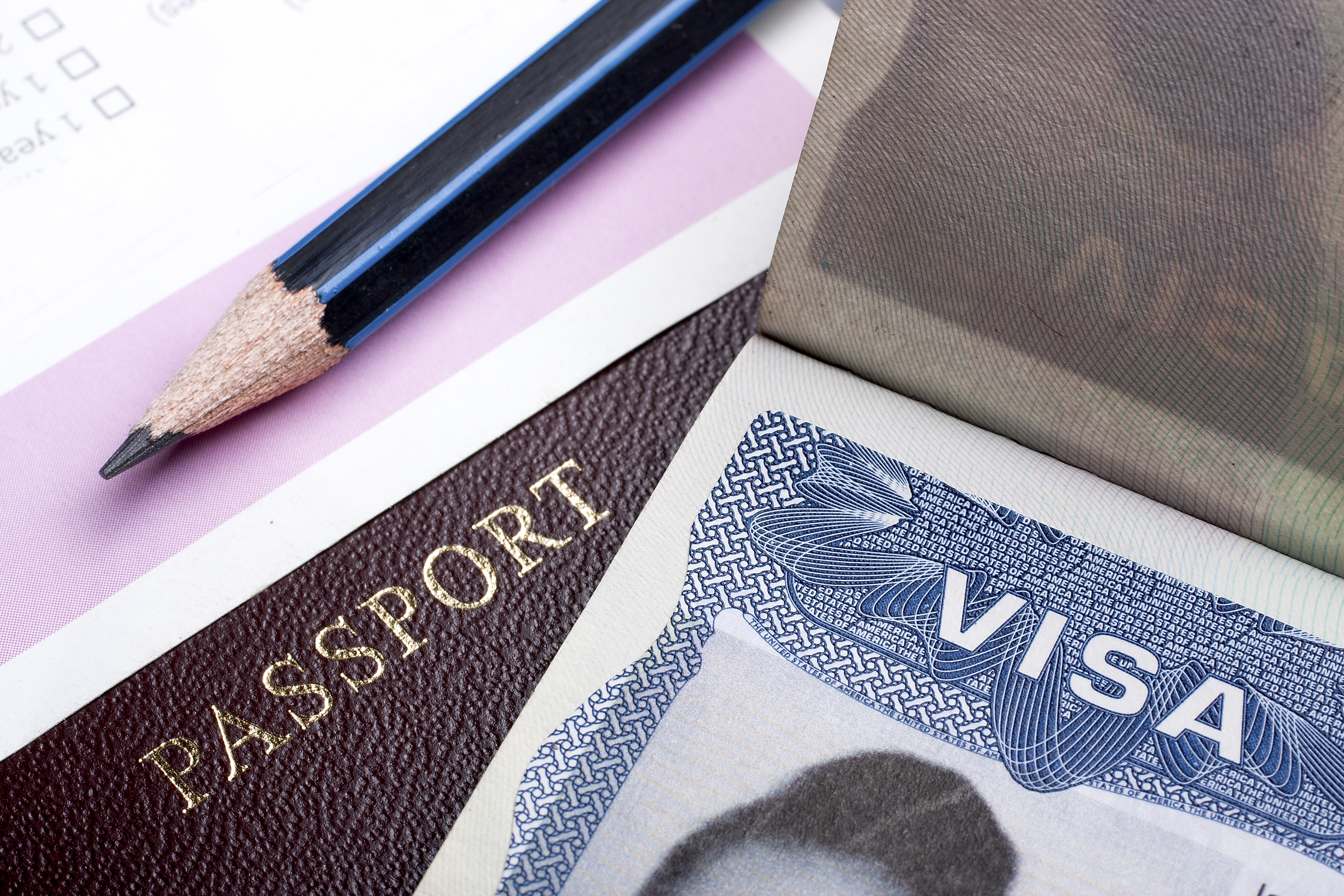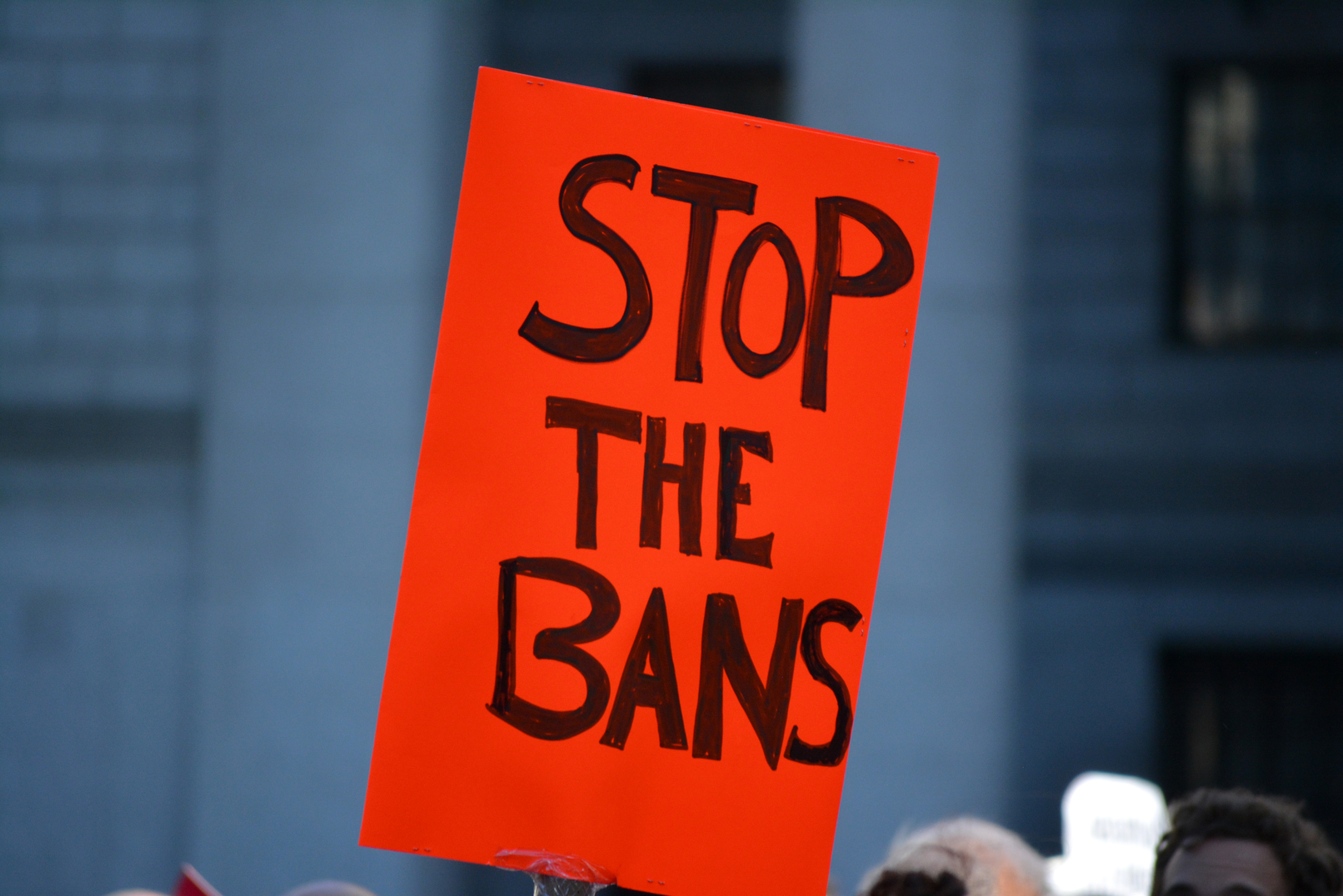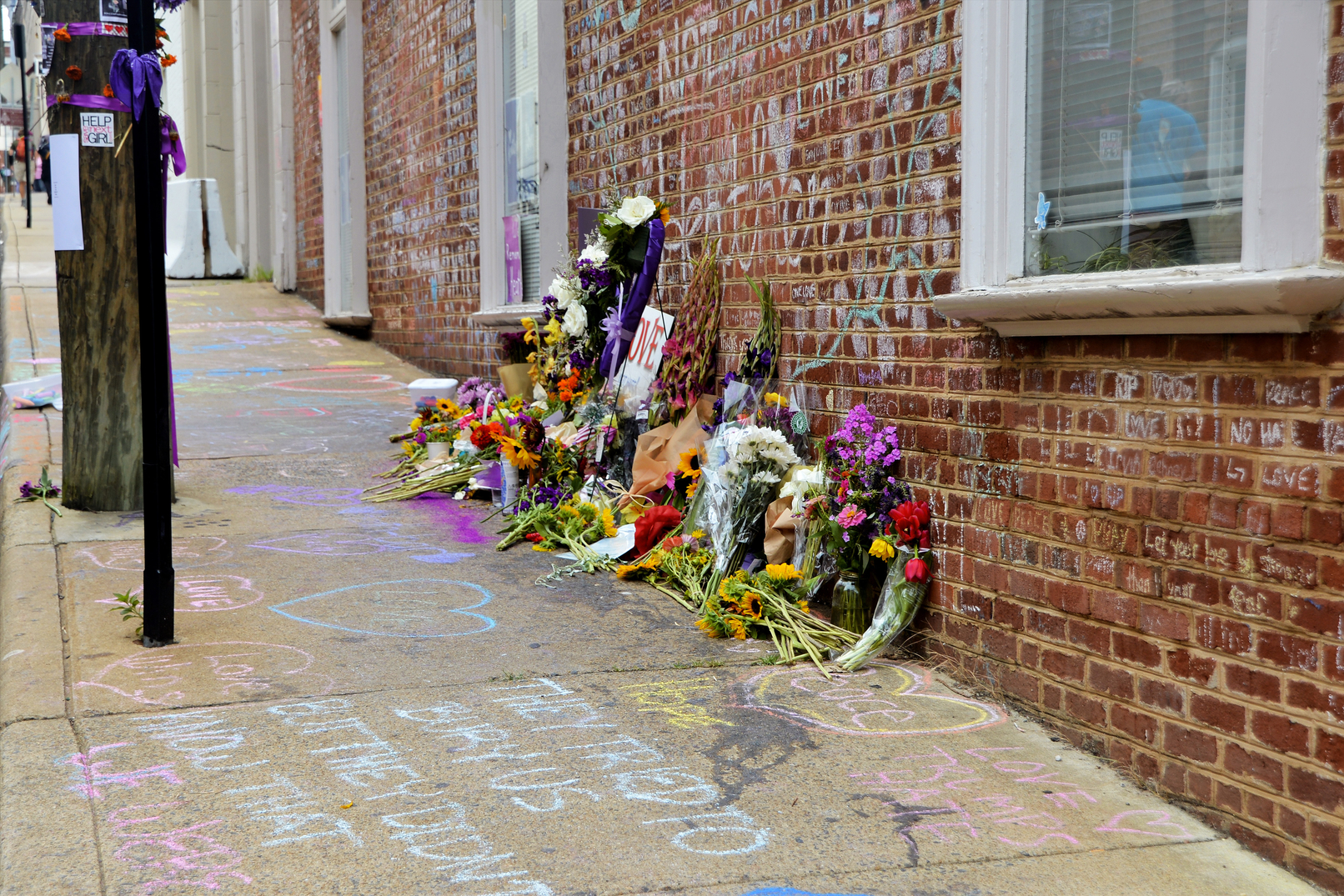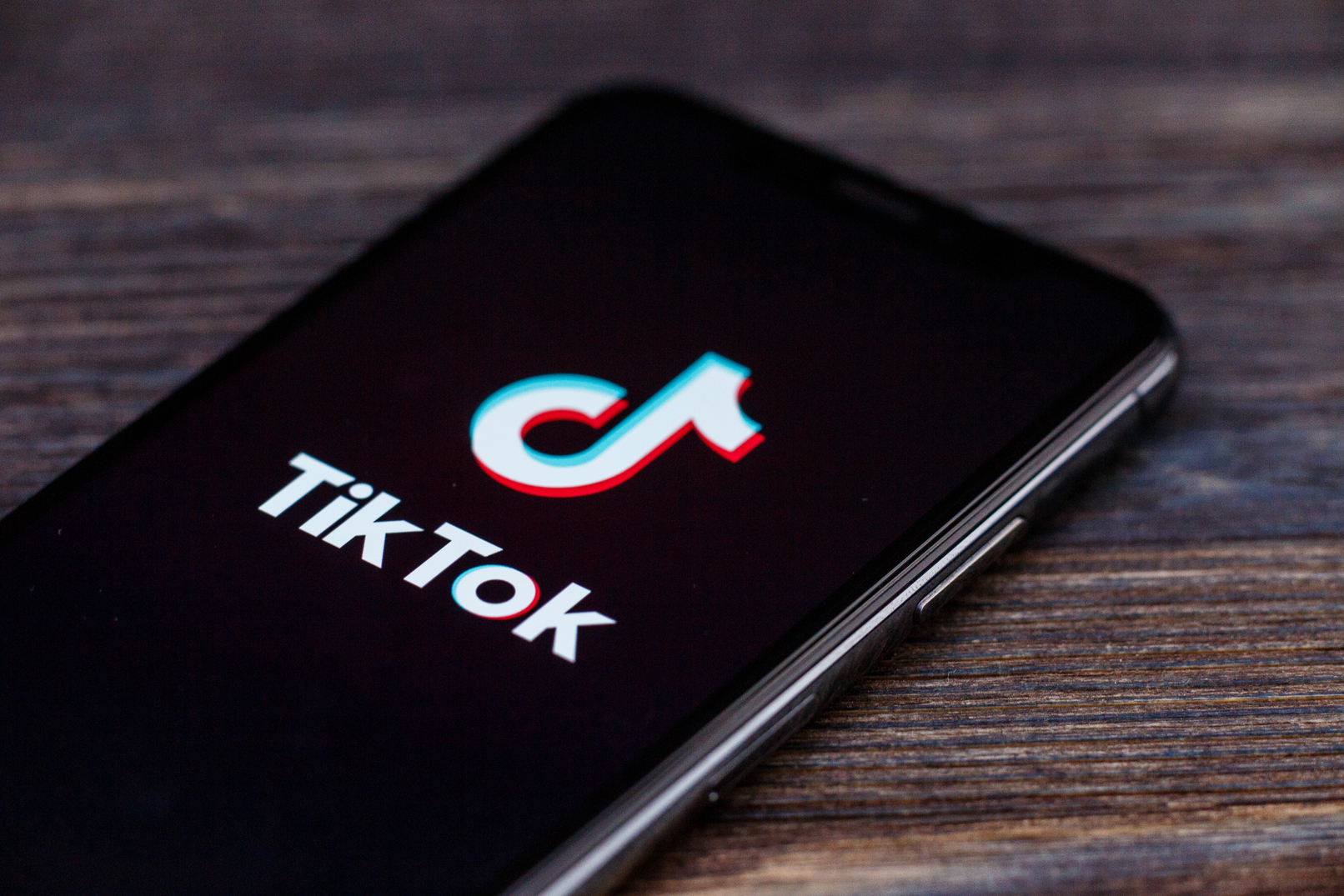On Tuesday, February 18, 2020, United States District Court Judge Amos L. Mazzant of the Eastern District of Texas denied Huawei Technologies USA, Inc.'s motion for summary judgment in a lawsuit challenging the National Defense Authorization Act ("NDAA"). Huawei, a Chinese telecommunications equipment maker, challenged the constitutionality of Section 889 of the NDAA, which prevents federal agencies and their contractors from utilizing Huawei's equipment and services. Judge Mazzant granted the U.S. Government's motion for summary judgment, concluding that Congress acted appropriately within its powers.
Articles Posted in Constitutional Law
The proposed law would criminalize the use or possession of cell phones by Vermont residents who are under 21.
A new lawsuit filed on behalf of 12 plaintiffs aims to protect immigrant children from "aging out" of the immigration system when they turn 21 if their parents are H-1B visa holders from India. Dependents of H-1B holders have the ability to remain in dependent H-4 status if their wait for lawful permanent resident status is increased due to per country limits on the number of immigrant visas. However, current per country limits and national origin-specific visa bulletin charts dictate that children from India are subject to decades-long waits, which causes them to lose eligibility to immigrate with their parents when they turn 21.
Seven transgender women who are inmates in Colorado men's state prisons have filed a class action lawsuit against multiple government defendants, alleging that abuse occurring in those prisons violates state anti-discrimination law, and that state prison officials are discriminating against them on the basis of gender identity. The case was filed on behalf of an estimated 170 transgender women, and alleges that they are being held in unsafe conditions which have led to systemic violence, rape, and harassment.
Last week, Judge William Alsup of the US District Court for the Northern District of California joined federal courts in New York and Washington state in striking down the Denial of Care Rule put forth by the US Department of Health and Human Services earlier this year. Judge Alsup declared the rule, which would permit health care workers to decline to provide services, care, or information to patients due to the worker's personal religious or moral beliefs, discriminatory and unconstitutional.
On Tuesday, October 29, 2019, Judge Myron H. Thompson of the U.S. District Court for the Middle District of Alabama granted a preliminary injunction in Robinson et al v. Marshall, a lawsuit challenging Alabama Act No. 2019-189. The statute imposes criminal liability on abortion providers for almost all abortions, whether completed or attempted, regardless of fetal viability. The preliminary injunction prevents enforcement of the statute only as applied to pre-viability abortions. The statute is set to go into effect on November 15, 2019.
Plaintiffs in a lawsuit against the organizers of a 2017 white power rally in Charlottesville, Virginia are seeking to invoke a Civil War-era statute in utilizing the defendants' online statements to prove that they engaged in an illegal conspiracy to commit racially motivated violence. Defendants insist that their actions are protected by the First Amendment, though the judge in this case has declined to dismiss the plaintiffs' complaint on free speech grounds. The outcome of this case will likely be a strong indicator of whether and to what extent the statute at issue can be relied upon to curb online hate speech and its consequences.
Senators Chuck Schumer and Tom Cotton recently sent a letter to US intelligence officials requesting an investigation of the security risk.
On Tuesday, October 15, 2019, the United States Court of Appeals for the Fourth Circuit ordered rehearing en banc in District of Columbia v. Donald J. Trump. The lawsuit, filed by the attorneys general of Maryland and the District of Columbia, alleges violations by President Donald J. Trump of the Foreign and Domestic Emoluments Clauses of the U.S. Constitution.
Detroit police plan to use facial recognition technology to help investigate allegations of home invasions and certain violent crimes, despite concerns over accuracy and fairness.










